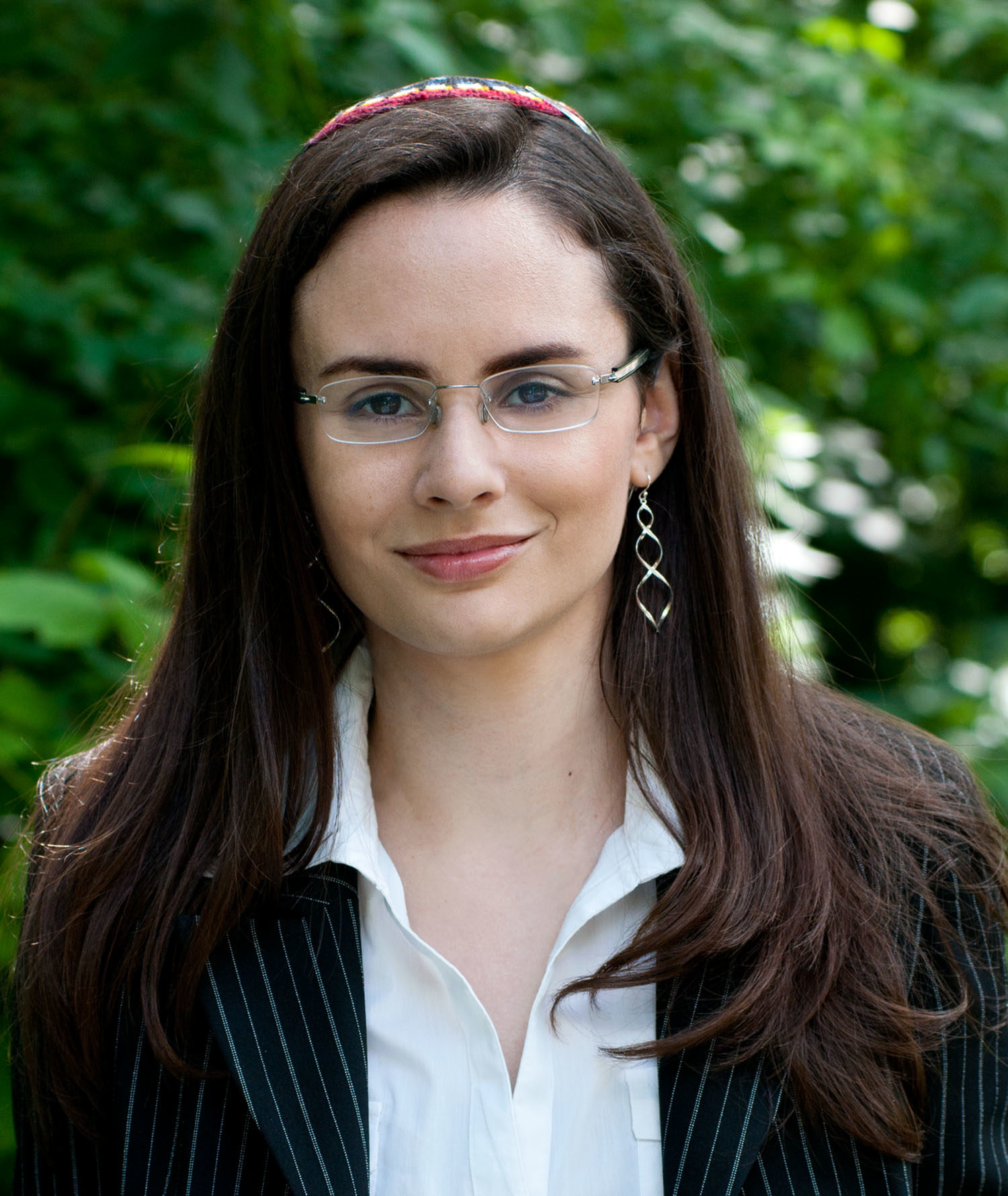In this week’s Torah portion, parashat Balak, we read the story of the mighty Moabite king Balak, who wants to hire the prophet Bil’am to curse the children of Israel. Balak places increasing pressure upon Bil’am, first through Moabite and Midianite elders, and then through elite princes. Both times Balak sends esteemed men, but God commands Bil’am not to cave. Despite the fact that Bil’am asserts that he cannot be swayed by Balak’s formidable wealth, he ultimately joins forces with Balak’s emissaries. Only after a third, supernatural intervention does Bil’am abandon his assigned mission. Only after the climactic moment when Bil’am’s donkey miraculously speaks in human language does Bil’am finally rescind his curse and change it into a blessing. Here, a donkey—the most ordinary of beasts, whose life is marked by toiling silently under the burdens of the more powerful—is the critical force that changes the course of the drama which plays out before us. The power of the usually silenced voice reigns supreme.
Taken as a metaphor, Bil’am’s story speaks to the vital importance of listening to voices of those who are normally silenced—those who have neither the voice nor the power to be heard. As our parashah artfully suggests, those voices can often be the vehicles of God’s will made manifest to humankind—the voices that speak Truth to Power.
What if our ears were closed to certain important voices of resistance? Sadly, this is not a hypothetical question. At this very moment, access to a vast world of fact and opinion that we have come to take for granted stands in jeopardy.
Today we enjoy the relative freedom of net neutrality on the internet—meaning, we are free to access any web content we wish online with equal access. But Comcast and Verizon and other major telecom companies want to change that. By redefining the internet as a private commodity instead of a public resource, like water or public libraries, these giant Internet Service Providers (ISPs) seek to control and limit internet users’ access to certain sites and content, awarding faster user access to large, powerful companies who can pay higher fees. These new proposed legal measures would also make the internet a more expensive utility for internet users.
Last month, the FCC, under the chairmanship of venture capitalist and cable and wireless industry lobbyist Tom Wheeler, approved these proposed rules against true net neutrality. Until July 15, the public is invited to submit to the FCC opening comments on the proposal. The public will have until September 10 to offer responses to the initial debates.
This would not be the first time in the history of American mass communications that massive media conglomerates aggressively seized disproportionate control of previously public channels of communication. For example, the fate of radio, a medium which boasted a rich diversity of political, religious and ethnic expression in its first several decades, was sealed in the late 1920’s; a collusion of powerful private commercial interests and their allies in the government pulled legislative strings that gave rise to today’s paradigm of monopolistic network broadcasting (e.g. the Davis Act of 1928 and the Communication Act of 1934). Such maneuvering set the stage for commercialization and the resultant homogeneity of the U.S. broadcast media’s content and political leanings.
Another significant turning point which would irrevocably alter the voice of U.S. radio was President Reagan’s vetoing of the 36-year old Fairness Doctrine, which sought to ensure full freedom of speech by requiring radio stations to present both sides of controversial topics they broadcasted. The elimination of the Fairness Doctrine resulted in an explosion of right-leaning hate radio and helped create consensus among listeners. Given the wealth required to own and privately maintain a radio station, the natural leaning of many stations veered right and from thenceforth promoted far-right pundits who would persuade low-income Americans to vote against their own economic self-interest through emphasis on often religiously-charged issues of identity politics.
In the portion of Balak, God reminds us that there is a powerful and persistent voice against the rhetoric of hate and curses backed by wealthy patrons. Resistance in Balak assumes the form of a blessing. Indeed, freedom of speech and equal access to a plurality of viewpoints is itself a true blessing.
Taking our cue from the lesson of Bil’am, who finally resists the lures of Balak’s enticing riches and accepts the call of justice, the coming days are our opportunity to shape a crucial chapter in the history of free speech in this country. Take this moment to reach out to your communities and mobilize them around true net neutrality, ensuring that our children and their children will enjoy the kind of open internet access we enjoy today. Take action at http://www.fcc.gov/comments.
Heed the all too often silenced voice of justice—from wherever it comes—the voice that calls on us to resist the directives of intimidating dignitaries or the promises of gold and silver. Because in that voice, God offers blessing.
Dr. Raysh Weiss is entering her third year at the Rabbinical School of the Jewish Theological Seminary and holds a PhD in Cultural Studies and Comparative Literature from the University of Minnesota. She is an alumna of T’ruah’s Rabbinical/Cantorial Student Fellowship in Human Rights Leadership and was recently elected to the T’ruah board as a rabbinical student representative. In the coming year, she will serve as the rabbinic intern at Park Slope Jewish Center in Brooklyn.

